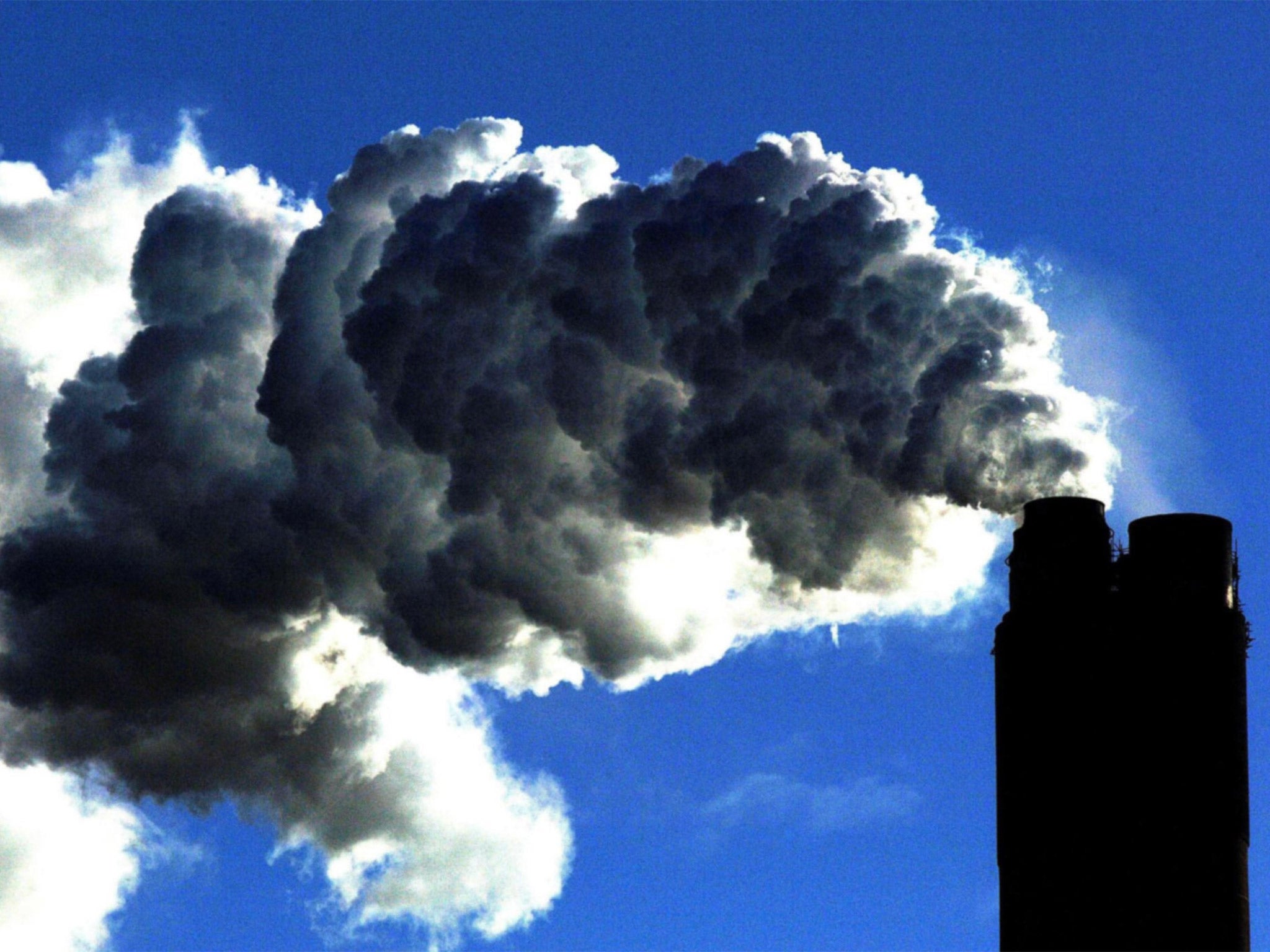Fossil fuel warning: Climate scientists beg governments to leave buried natural resources in the ground
Claim extraction money would be better spent on finding alternative energy

Vast underground reserves of oil, gas and coal should be classified as off limits if the world stands any chance of averting dangerous climate change, a major study of global fossil-fuel deposits has found.
Scientists calculated that a third of global oil reserves, half of gas reserves and more than 80 per cent of coal reserves should remain in the ground as “unburnable” to avoid exceeding the 2C “safe” threshold for global warming.
The scale of the problem facing the climate negotiations in Paris later this year is writ large in the study by Christophe McGlade and Paul Ekins of University College London who have identified the critical fossils fuels and their locations that need to remain untouched and unexploited.
China, Russia and the United States will have to leave their huge deposits of coal – the dirtiest of the three main fossil fuels – underground, while the Middle East will need to agree to keep much of its wealth-creating oil and gas reserves where they are.
Similarly, Canada will have to relinquish its ambitions of producing oil from tar sands and the Arctic nations, mainly Russia, will have to agree that exploiting oil and gas in this environmentally sensitive region would be incompatible with a global climate agreement.
Britain does not escape the fossil fuel dilemma. The researchers point out that if the UK is to exploit its shale gas resources – which have to be proven to be economically viable – then it must state which of its other fossil fuels it is going to leave in the ground.
“It may be that some UK shale gas resources are economically viable. We don’t know that and we won’t know that until we drill a lot more well than we currently have drilled,” said Professor Paul Ekins, director of the UCL Institute fro Sustainable Resources.
“If they turn out to be economically viable then the model would suggest that we use them and provided the local environmental impacts can be made acceptable then I would also say we should use them,” Professor Ekins said.
“But the caveat then is what fossil fuels should we not be using from somewhere else if we are going to stay within the carbon budget? That is a question that is not often asked,” he said.
The study, published in the journal Nature, discriminates between fossil fuel reserves, which can be economically exploited with current technology, and the much bigger fossil fuel resources, which are the estimated total amount of coal, oil and gas in the ground.
“Burning all the reserves would exceed the range of the carbon budget by about three times burning all the fossil fuel resources would probably exceed it by about 10 to 11 times,” Dr McGlade said.
“If we want to reach 2C in the most cost effective way, over 80 per cent of current coal reserves, half of gas reserves and a third of oil reserves globally need to be classified as unburnable, that is to stay in the ground and not be used before 2050 if we want to stay below 2C,” he said.
“These reserves aren’t spread around the world evenly. For instance there are absolutely huge coal reserves in China, Russia and the United States and the overwhelming majority of these should not be used,” he added.
“In the Middle East there are about 260bn barrels of oil that should be classified as unburnable if we don’t want to exceed 2C – and 260bn barrels is about equal currently to the total reserves of Saudi Arabia,” he said.
The study also has policy implications for the oil companies, Professor Ekins added.
“In 2013 they spent some $670bn on exploring for new oil and gas resources. One might ask whey they are doing this when there is more in the ground that we can afford to burn and that money might be better spent,” he said.
“Investors in these companies should also question spending on such budgets. The greater global attention to climate policy also means that fossil fuel companies are becoming increasingly risky for investors in terms of the delivery of long-term returns,” he explained.
Subscribe to Independent Premium to bookmark this article
Want to bookmark your favourite articles and stories to read or reference later? Start your Independent Premium subscription today.

Join our commenting forum
Join thought-provoking conversations, follow other Independent readers and see their replies